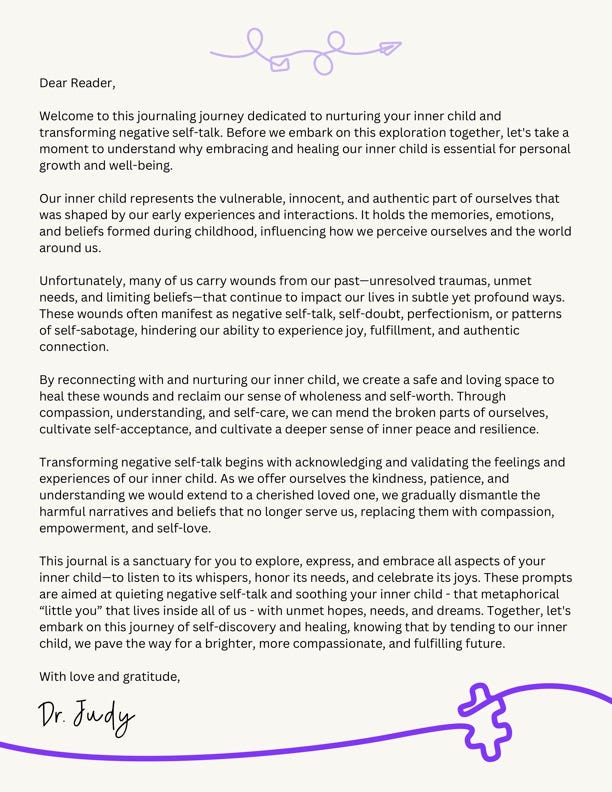
You don’t have to wait for someone else to affirm your abilities and worth.
You can empower yourself to bolster your own self-esteem by making positive yet realistic statements about yourself, to yourself.
Positive affirmation can work to reinforce ideas of personal worth, and they can also be used as a preventative tool so that when you come across difficulties, you can resist feeling helpless and overwhelmed.
Before I get into the keys to using affirmations effectively, I want to remind you of my LinkedIn Live coming up this Friday, May 31 at 9 am PT. You can learn even more strategies for mental wellness.
Keys to Using Affirmations Effectively
Here are my top tips to making affirmations work for you.
Choose affirmations that you can sink your teeth into. Don’t choose generalized platitudes that are too broad or don’t specifically apply to you.
Choose affirmations that are realistic and practical, and that you can buy into. Positive affirmations that are too far reaching or seem “too good to be true” won’t work well because your mind won’t adopt them as a truth.
Choose affirmations that you can rotate from day to day. Select a few of your favorite affirmations that apply to different thoughts, feelings, and situations. Write them in your journal so you have them ready.
Focus on no more than one affirmation daily. More than that and they’ll become muddled and blurred together. So, choose an affirmation each morning that deals specifically with how you’re currently thinking and feeling, or that addresses the situations you’re likely to come across that day.
To incorporate affirmations in your life, start each morning by selecting your affirmation of the day and reading it aloud to yourself.
Write it down on an index card or on a clean note page of your phone app and read it to yourself a few times throughout the day.
At the end of the day, read the affirmation to yourself once more and recall at least one specific example of when you demonstrated the sentiment behind this affirmation.
I encourage you to also write some of your own, but if you’re looking for some aspiration inspiration, below are some of my favorite ones for self-empowerment:
I am confident and strong.
I can communicate my needs effectively.
I can still take values-based action even if I am in pain.
I am in control of this situation.
I won’t let negative thoughts take me away from what I must do.
I won’t let others’ criticisms hurt my self-esteem.
I am worthy even when I make mistakes.
I can ask for help – it’s not a sign of weakness.
I can reach my goal _______ (fill in the blank) today.
I can handle the stressful situation ________ (fill in the blank) today.
Here’s to your power,
Judy
Bonus Content: 14-Day Inner Child Journal
Embark on an exclusive journaling journey dedicated to nurturing your inner child and transforming negative self-talk!
Many of us carry wounds from our past—unresolved traumas, unmet needs, and limiting beliefs—that continue to impact our lives in subtle yet profound ways. By reconnecting with and nurturing our inner child, we create a safe and loving space to heal these wounds and reclaim our sense of wholeness and self-worth.
Embracing and healing our inner child is essential for our personal growth and well-being, and transforming negative self-talk begins with acknowledging and validating the feelings and experiences of our inner child.
Join me on a 14-day journaling journey of self-discovery and healing to pave the way for a brighter, more compassionate and fulfilling future! Click here to download my journal now.
Order the New Rules of Attachment here: https://bit.ly/3MvuvvF
Take my Attachment Styles Quiz!
About me:
Dr. Judy Ho, Ph. D., ABPP, ABPdN is a triple board certified and licensed Clinical and Forensic Neuropsychologist, a tenured Associate Professor at Pepperdine University, television and podcast host, and author of Stop Self-Sabotage. An avid researcher and a two-time recipient of the National Institute of Mental Health Services Research Award, Dr. Judy maintains a private practice where she specializes in comprehensive neuropsychological evaluations and expert witness work. She is often called on by the media as an expert psychologist and is also a sought after public speaker for universities, businesses, and organizations.
Dr. Judy received her bachelor's degrees in Psychology and Business Administration from UC Berkeley, and her masters and doctorate from SDSU/UCSD Joint Doctoral Program in Clinical Psychology. She completed a National Institute of Mental Health sponsored fellowship at UCLA's Semel Institute.






